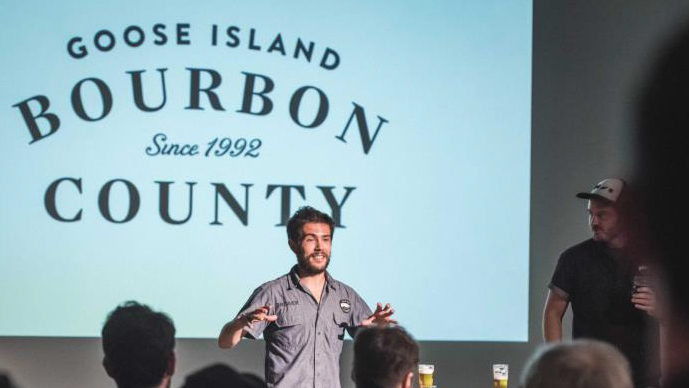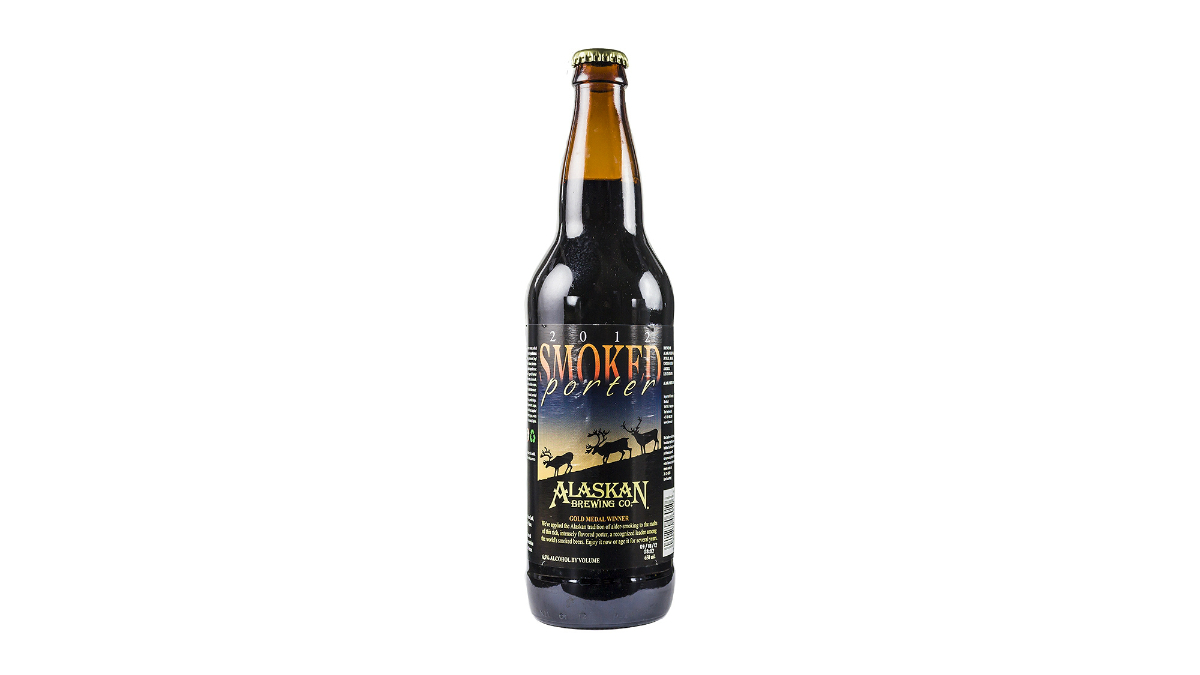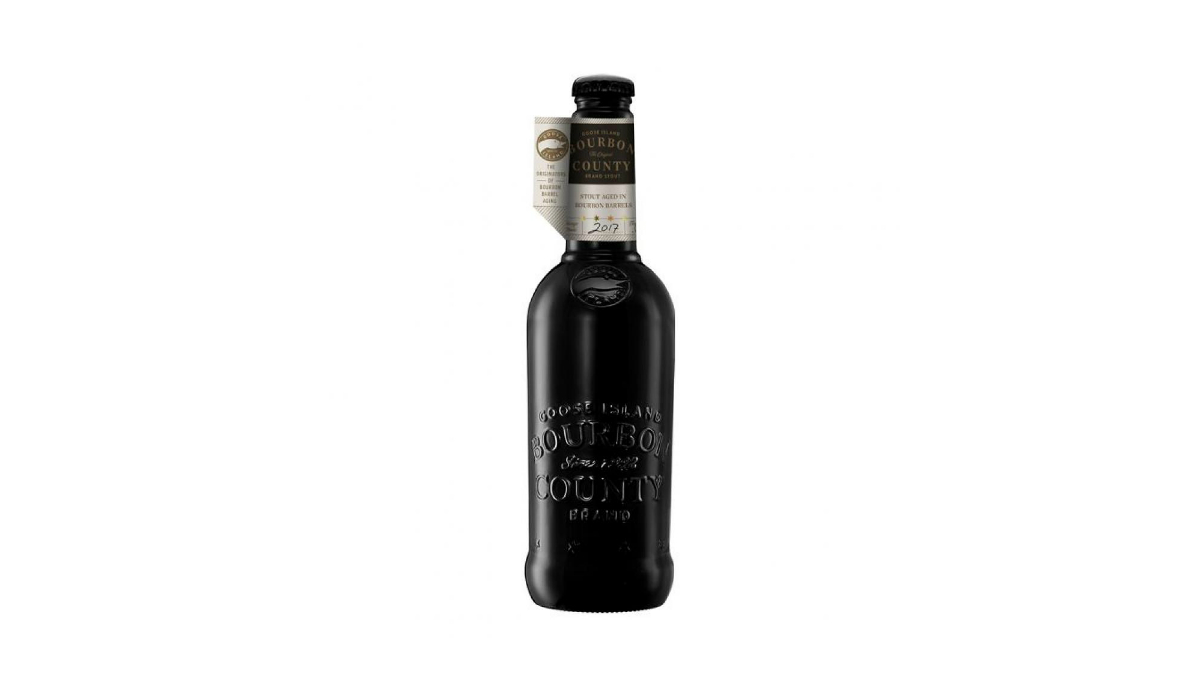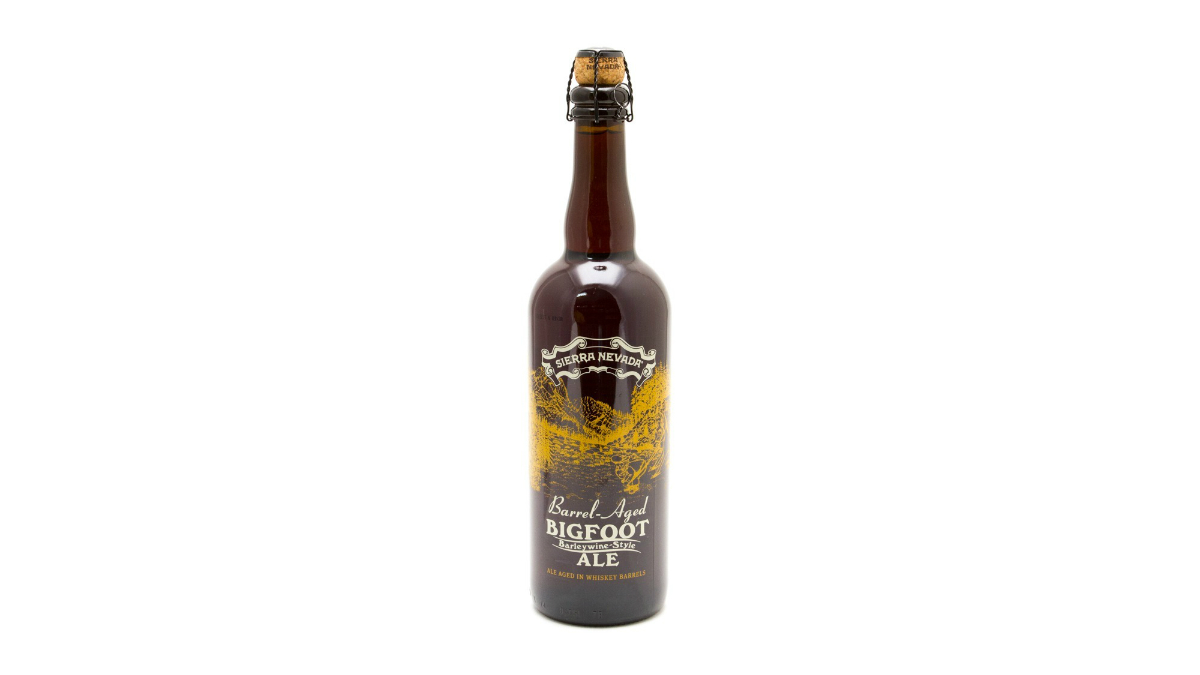Beer is a perishable product, but that doesn’t mean aging beer is necessarily a bad idea.
Freshness and date coding are among the hot topics in a greater quality discussion for beer these days, but just as certain wines get better with age, there are certain styles of beer that can withstand — and improve with — some aging,
If you’re a diehard beer fan, you most likely already have some beers set aside for one reason or another. But what exactly are you doing with them? Do you have them stored in any special way? If you want that beer to taste as good as it can after aging, it’ll be good to know the best practices for aging beer. A lot of brewers release their beers with the intention that it is consumed fresh and right away — not stowed away for a year or more.

Goose Island Beer Company is the same way with its beers, however, the famed Bourbon County Stout is appropriate to age for up to five years in the bottle. How do we know that this and other Goose Island barrel-aged beers (such as the Belgian-style and sour line of Sofie, Matilda, Lolita, Halia, Madame Rose, and Gillian) are good for aging? We asked, of course.
“We package the beers when we deem it perfectly ready to drink,” said Tim Faith, an R&D brewer at Goose Island. “It’s up to the consumer to continue aging, but we can say it will develop in a favorable way because we’ve done trials to preserve and enhance with age.”
Bourbon County Stout is a perfect example of a beer that can stand up to some time in a cellar — or a closet. It’s big and boozy (14.1 percent alcohol by volume plus a year in a bourbon barrel) and malt forward. Beyond Bourbon County Stout, there are other options as well when it comes to age-able beers.
Here are the best styles to age, the ones to avoid, and some options for beers that are readily-available for your aging pleasure.
Type of Beers Ideal for Aging
- Barrel-aged beers and, in general, double-digit alcohol beers
- Malt-forward beers
- Strong Belgian-style beers
- Sour beers
Types of Beer that Don’t Age Well
- Beers that rely heavily on hops for aroma and flavor (the case can be made for some Double India Pale Ales when it comes to aging, but typically its best to move away from hop-forward beers).
- Low ABV styles, such as Pilsners and most ales.
Great Beers for Aging (That Aren’t Bourbon County Stout)
- Sierra Nevada Bigfoot Barleywine
- Founders Brewing KBS
- AleSmith Speedway Stout
- Alaskan Brewing Smoked Porter
- Firestone Walker Stickee Monkee
So what happens in the bottle over time? Say we’ve picked up a stout and a sour. How, exactly, do they get “better” over time?
The short answer is “because science,” but we’ll take it a step further.
Time in the bottle will allow flavors to mellow and flavor notes will interact and evolve over time; some flavors will fade and some will emerge. Sour beers often become less acidic and funkier, in a good way.
Faith’s best advice for aging beer? Diversify your aging.
“I like the idea of buying a four pack of 12-ounce bottles, drink one now, store one warm(ish), store one cold and then you have that fourth one you can do whatever you want, like French press it with some coffee,” he said. That strategy can allow tastes of the effects of aging, with proper notes of course.
Likewise, get a four-pack of a readily-available beer, taste one fresh and age one for six months try it out. Age another for a year and try it against a fresh one and see how they stand up to each other. Often, the resulting beer is less intense, with potentially more complex flavor notes. It could also be less tasty, so be aware that this won’t work every time. With enough years of the same annual release from a brewery and you’ve eventually got yourself a great vertical tasting!
To minimize ill effects, keep the beers cold, Faith said, but at the very least in the 45-50 degree range. As with wine, corked bottles should be stored horizontally to avoid drying out. And keep it out of the light. With proper care, beers can last several years and some Belgian-style beers can change and develop for more than 20 years with little detriment.
There are no guarantees the beer will stay good, however, so if you can’t afford to lose a beer, drink it up.





